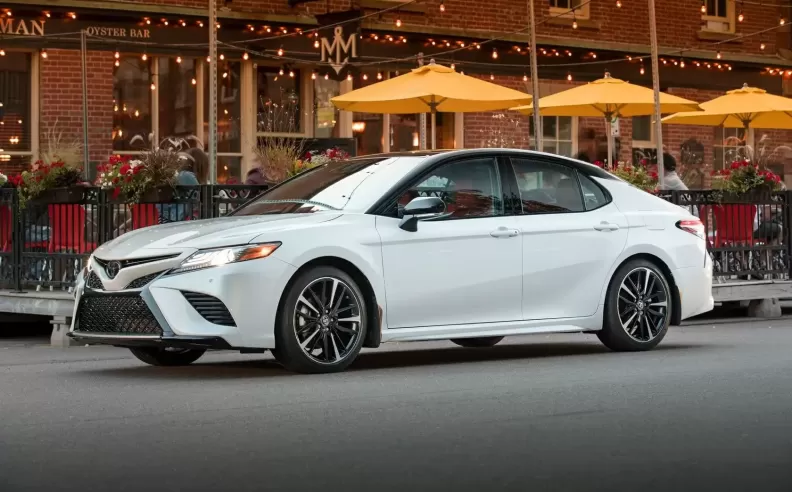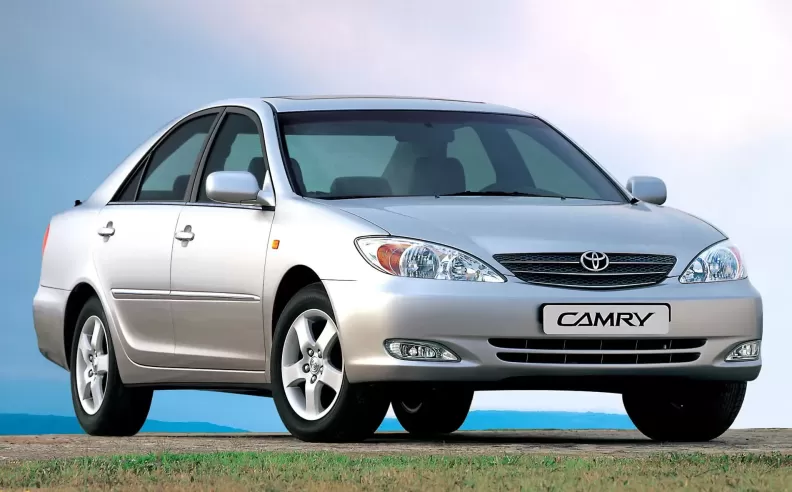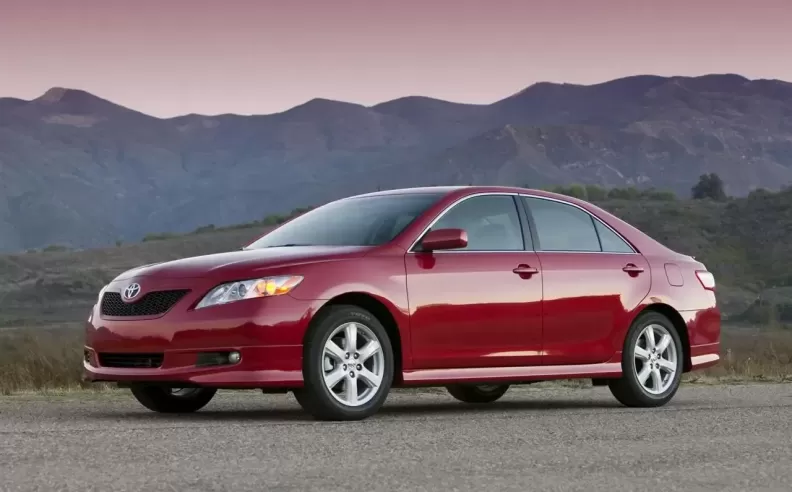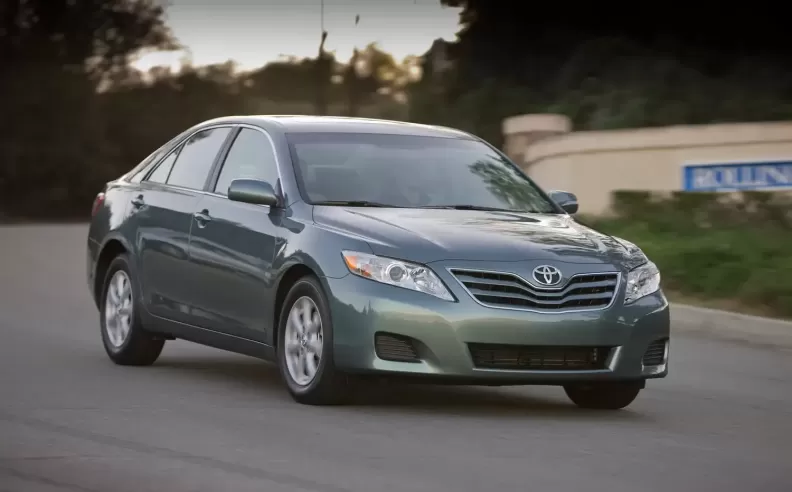
The Toyota Camry is one of the most respected sedans in the Middle East, especially among Saudi drivers who appreciate its reliability, smooth ride, and strong resale value. But even legends have weak moments. Over the years, a few Camry models have fallen short of the brand’s reputation for quality, drawing thousands of complaints related to safety, engine performance, and transmission failures. In this article, we explore five specific years that many used car buyers in Saudi Arabia should steer clear of when shopping for a Camry.

The 2002 Camry marked the debut of the seventh-generation model, but it did not land well with drivers. It racked up hundreds of complaints related to severe engine and transmission issues, including stalling, poor acceleration, and sudden failure of critical components. These mechanical problems translated into costly repairs that undercut the vehicle’s affordability and made this year a risky choice for secondhand buyers in Saudi Arabia.
Beyond the drivetrain concerns, many owners also reported electronic glitches and premature wear of interior parts. While it was visually updated and featured better safety equipment, the 2002 model remains one of the most problem-prone in Camry history.

If any three-year span tainted the Camry’s reputation, it was 2007 through 2009. The 2007 model alone recorded more than 3,500 complaints to the National Highway Traffic Safety Administration, many of which cited transmission hesitation, jerky gear changes, and sudden acceleration. These issues made the car unpredictable, especially in city traffic.
The problems did not stop in 2007. Both the 2008 and 2009 Camrys carried forward serious engine oil consumption concerns, which often led to low oil levels between changes and, in some cases, engine damage. Transmission complaints also continued, and owners found themselves dealing with high maintenance costs. For Saudi buyers looking for peace of mind, these years are best skipped when browsing the used car market.

On paper, the 2011 Camry offered solid fuel efficiency and a decent feature set, but under scrutiny, its flaws became apparent. This model received subpar side-impact crash test ratings, raising serious safety concerns. In addition, hundreds of drivers reported cabin build quality issues like rattling panels, weak door seals, and faulty electronics.
These downsides made the 2011 model feel dated and less durable compared to other sedans on the market at the time. In a country like Saudi Arabia, where families often rely on mid-size sedans for daily commuting and long-distance drives, poor safety scores and interior reliability issues are major red flags.

Started my career in Automotive Journalism in 2015. Even though I'm a pharmacist, hanging around cars all the time has created a passion for the automotive industry since day 1.